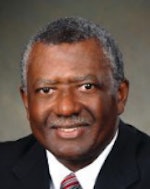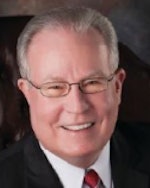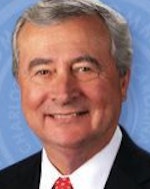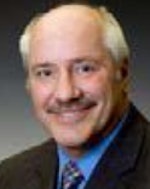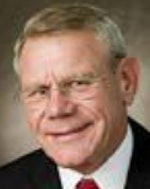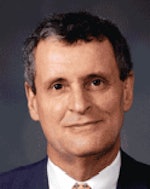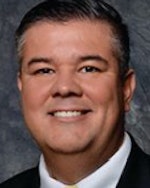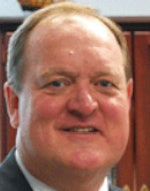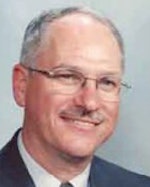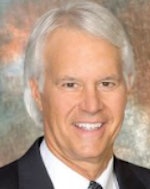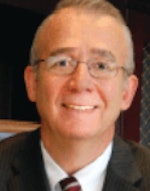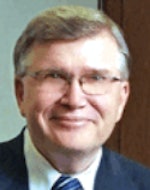ABOUT THE STUDY
The Most Promising Places to Work in Community Colleges national study was first commissioned by the National Institute for Staff and Organizational Development (NISOD) and Diverse: Issues In Higher Education in 2014. The national survey is administered by the Center for Higher Education Enterprise (CHEE) at The Ohio State University, which is directed by professor Terrell Stayhorn.
The purpose of this commissioned study was to examine the extent to which diversity and inclusion permeates aspects (e.g., administrative structures, commitments, work environments, staffing practices) of the nation’s community and technical colleges generally and participating NISOC-member institutions specifically.
ABOUT THE CENTER FOR HIGHER EDUCATION ENTERPRISE
The Center for Higher Education Enterprise (CHEE) is an interdisciplinary research and policy center that promotes the important role postsecondary education plays in global society, especially the vital roles and responsibilities of public higher education. CHEE is committed to improving student success by doing distinctive research, policy analysis and outreach that will help make higher education more accessible, affordable, engaged and all-around excellent.
CHEE’s mission is to become the country’s preeminent higher education research and policy center, solving issues of national significance. In terms of vision, CHEE exists to advance the higher education enterprise through the creation and dissemination of distinctive research that informs policy, strengthens communities and enables student success. For more, go to http://chee.osu.edu.
CHEE CORE GOALS
Educational Excellence: to ensure student access and success.
Research and Innovation: to make high-quality, distinctive contributions
Outreach and Engagement:to cultivate mutually beneficial partnerships.
METHODOLOGY
Initial planning and development of this national study of community colleges began in summer 2014. The survey was adapted from the Most Promising Places to Work in Student Affairs survey. Given the project’s focus on workplace diversity, staffing practices and work environment, six initial categories guided the study, including family friendliness, salary/benefits, and professional development opportunities, to name a few.
The final web survey was mounted to a secure server managed by the Center for Higher Education Enterprise via Qualtrics, an online survey software. Using a list provided by NISOD, CHEE staff sent electronic invitations to institutional representatives at hundreds of campuses; electronic invitations included a hyperlink to the website on which the survey was placed.
Participants responded to the survey online, typically requiring 60 minutes to complete the instrument once data were assembled. No incentives were offered to encourage participation and respondents understood that their institutional identity might be released in a special edition of Diverse: Issues In Higher Education. The survey launched in late fall 2014 with release of the initial invitations to all NISOD-member institutions; follow-up reminders were sent at two-week intervals, and CHEE staff placed calls to campus presidents/chancellors and NISOD liaisons to call attention to the invitation and encourage their response. Account for bounce-backs and undeliverables, the estimated response rate is 20 percent.
BIOGRAPHIES
Dr. Terrell Lamont Strayhorn (principal investigator) is a professor of higher education at The Ohio State University, where he is also serves as director of the Center for Higher Education Enterprise (CHEE). Author of eight books, more than 100 journal articles and book chapters, more than 150 papers at international and national conferences and over 200 keynotes, Strayhorn was named one of the top scholars in his field by Diverse: Issues In Higher Education in 2011.
Dr. Derrick L. Tillman-Kelly (project coordinator) is special assistant to the director in CHEE and a recent graduate of the Higher Education and Student Affairs (HESA) graduate program at The Ohio State Univeristy. Author of several journal articles and book chapters, his research interests center on administratice issues, social identities and intersectionality, and presidential derailment.
In addition to the principal investigator and project coordinator, the project benefited from the contributions of other CHEE staff who helped contact administrators, craft institutional profiles and elicit quotations. These include (in alphabetical order): Trevion Henderson, Dr. Royel Johnson, Dr. Joey Kitchen, Tiger Litam, Katy Nash, Amber Samimi, Sondra Shook and Christopher Travers.

